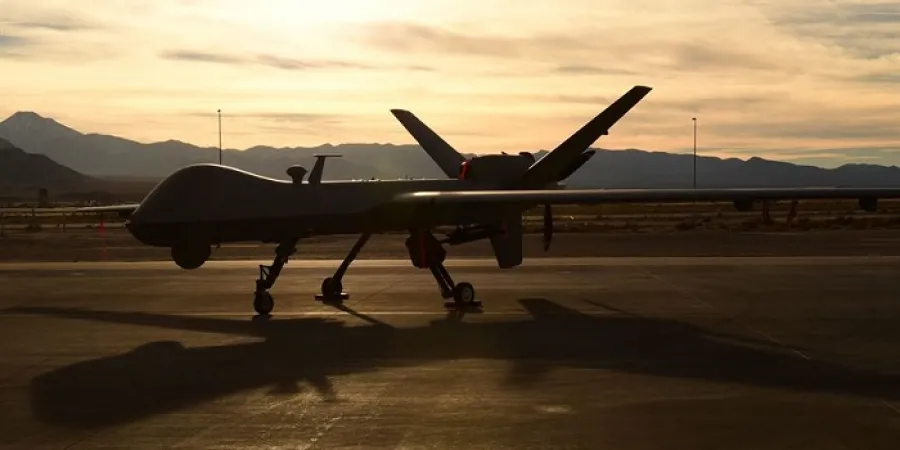USAF to Retire the Predator UAV
The United States Air Force will stop flying the MQ-1 Reaper completely by July 2017, and use the more capable MQ-9 Reaper exclusively
Ami Rojkes Dombe
| 27/02/2017
For the past 21 years, the US Air Force has flown the MQ-1 Predator remotely piloted aircraft in combat, and for the last 10, the MQ-9 Reaper. According to the US Air Combat Command, the Air Force decided to fly the more capable MQ-9 exclusively, and retire the MQ-1 in early 2018 to keep up with the continuously evolving battlespace environment.
The MQ-9 is better equipped than the MQ-1 due to its increased speed, high-definition sensors and the ability to carry more munitions. These combat attributes allow the MQ-9 to complete a wider array of mission sets which can help the Air Force stay prepared in the fight.
While the MQ-1 and the crews who flew them proved their weapons proficiency, it was never originally designed to carry weapons, resulting in a limited 200-pound payload. The demand for more attack capabilities exceeded the MQ-1s design. The MQ-9 design picked up where the MQ-1 left off, boasting a nearly 4,000-pound payload with the ability to carry both missiles and bombs.
The Air Force will no longer have to maintain a training pipeline or equipment on two separate aircraft which also eliminates the cost of operating two different airframes. Instead, everything will be specific to an all MQ-9 force.
Currently, the 20th Attack Squadron at Whiteman Air Force Base, Missouri, is making the conversion from MQ-1 to MQ-9. "Right now the plan is to stop flying the MQ-1 in 2018, and that means we need to get transitioned this year," said Lt. Col. James, 20th Attack Squadron commander. "As part of that we are going to stop flying the MQ-1 completely by July 1, 2017. We will gradually stand up our number of combat lines on the MQ-9 so by the end of the year we are only an MQ-9 squadron."
The United States Air Force will stop flying the MQ-1 Reaper completely by July 2017, and use the more capable MQ-9 Reaper exclusively
For the past 21 years, the US Air Force has flown the MQ-1 Predator remotely piloted aircraft in combat, and for the last 10, the MQ-9 Reaper. According to the US Air Combat Command, the Air Force decided to fly the more capable MQ-9 exclusively, and retire the MQ-1 in early 2018 to keep up with the continuously evolving battlespace environment.
The MQ-9 is better equipped than the MQ-1 due to its increased speed, high-definition sensors and the ability to carry more munitions. These combat attributes allow the MQ-9 to complete a wider array of mission sets which can help the Air Force stay prepared in the fight.
While the MQ-1 and the crews who flew them proved their weapons proficiency, it was never originally designed to carry weapons, resulting in a limited 200-pound payload. The demand for more attack capabilities exceeded the MQ-1s design. The MQ-9 design picked up where the MQ-1 left off, boasting a nearly 4,000-pound payload with the ability to carry both missiles and bombs.
The Air Force will no longer have to maintain a training pipeline or equipment on two separate aircraft which also eliminates the cost of operating two different airframes. Instead, everything will be specific to an all MQ-9 force.
Currently, the 20th Attack Squadron at Whiteman Air Force Base, Missouri, is making the conversion from MQ-1 to MQ-9. "Right now the plan is to stop flying the MQ-1 in 2018, and that means we need to get transitioned this year," said Lt. Col. James, 20th Attack Squadron commander. "As part of that we are going to stop flying the MQ-1 completely by July 1, 2017. We will gradually stand up our number of combat lines on the MQ-9 so by the end of the year we are only an MQ-9 squadron."



